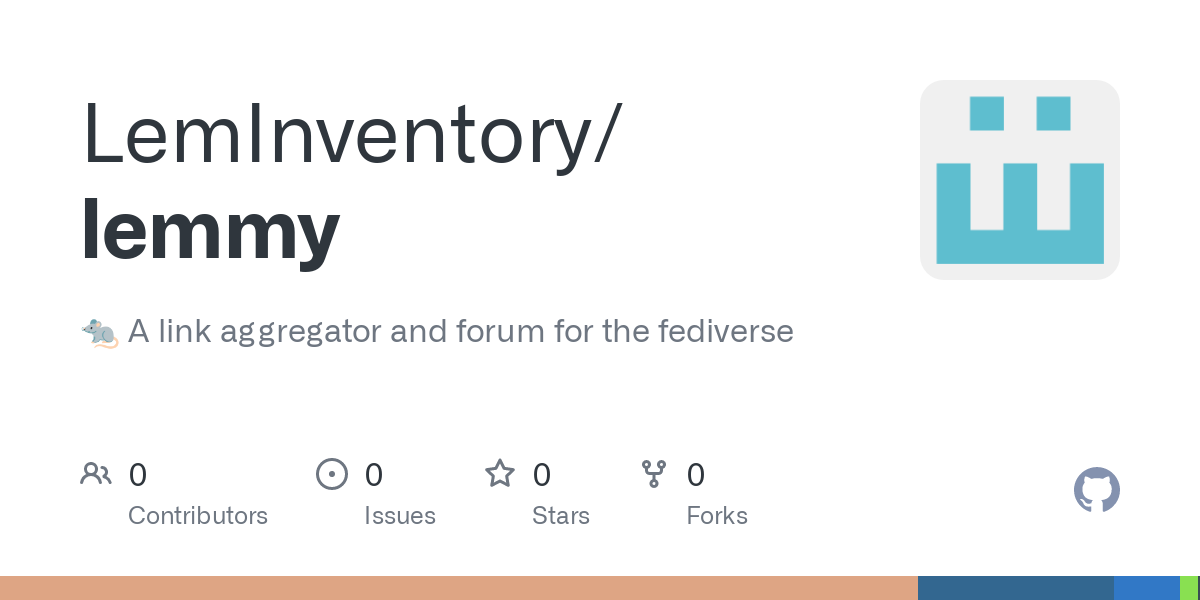Looks like we won’t be getting fired for using Nix very soon.
Plutus, Haskell, Nix, Purescript, Swift/Kotlin. laser-focused on FP: formality, purity, and totality; repulsed by pragmatic, unsafe, “move fast and break things” approaches
AC24 1DE5 AE92 3B37 E584 02BA AAF9 795E 393B 4DA0
- 5 Posts
- 310 Comments

 91·30 days ago
91·30 days ago95% likely China could use them as a DDOS attack vector someday. They’re ubiquitous. Espressif Systems is a Chinese company based in Shanghai.

 361·1 month ago
361·1 month agoWe need widespread adoption and innovation in OPEN ARCHITECTURES like RISC-V. Anything else is just citizens and companies being used as pawns to do the dirty work for rivaling nation states that spy on and stifle the liberties of their own citizens.
The US government has most likely hidden a back door in Intel chips and China has most likely hidden a back door into ARM, ESP8266, ESP32, and other chipsets. No one can ever prove this conclusively without violating NDA’s because these are closed architectures.

 16·1 month ago
16·1 month agoHopefully this sticks. IMO, movie studios need to keep attracting customers or the whole film industry will stay dead.

 13·1 month ago
13·1 month agoTrue! I wonder if the same is true for deriving via cabal2nix.

 14·1 month ago
14·1 month agoThis may or may not be helpful to you, but I haven’t had to delve into dependency management because I use ‘hix’ to provision and build my Haskell dev environment. I’d highly recommend it. It will simply parse you cabal file and provision all dependencies. I’m hoping such tooling comes to Purescript next because purs-nix is out of date with the new spago).
Here’s a super simple project where I used it:
https://github.com/harryprayiv/XY_math
Ps. I also recommend looking into IOHK’s Haskell tooling and their devshell, which I like to bring into most of my Haskell dev environments.

 14·1 month ago
14·1 month agoHard to describe in one phrase other than to say:
NixOS is to Linux as Unison is to Haskell
Content-addressing used in the context of programming languages in the service of solving the problem of distributed systems and their inability to share code across time and space.
Haskell has a content-addressed module that was perhaps influenced by Unison.
Here’s an excellent interview with one of the authors of Unison:

 29·1 month ago
29·1 month agoAs others have said, Haskell and Rust are pretty great. A language that hasn’t been mentioned that I REALLY want to catch on, though, is Unison.
Honorable mention to my main driver lately: Purescript
Thanks. I’d certainly like it if you posted it. more Nix = more better. :)
Please share this if you don’t mind.
I used to think json was the best until I found json lines or line delimited json. Thank me later. I use it all the time. You can append until you’re blue in the face. It’s great for log files. Each line is a valid json file.

 153·2 months ago
153·2 months agoI’ve been thinking a lot about this. Another way might be for a Lemmy instance to run a stake pool from the same machine. They could offer perks to users while also not requiring donations directly. Perhaps even reward users with the pool’s native tokens for every post they submit or something (this is a great place to bring up the drawbacks and very real issues that offering a perverse incentive can have: Cobra Effect).
The tech chosen is a key decision(in this case Cardano would be my recommendation honestly because I prefer the tech and not because I have a bag of it) because that stake pool could mint native tokens and use those as a currency for use on their instance if we used Cardano. Native tokens on Cardano are cheaper and not subject to the same fees as other (ERC-20) chains to use and mint. So it would allow that instance to have its own native currency with very little overhead.
Look at Kbin’s old code. There’s some mention of Cardano wallets on there so I’m guessing that the creator of that was interested in this idea.

 12·2 months ago
12·2 months agoNo problem. I hope others can be more helpful. I’m most often interested in working with a virtual condom over top of JavaSvript. 😜

 12·2 months ago
12·2 months agoPerhaps it is irrelevant to your question since it does require transpilation (Purescript Module), but I have recently fallen in love with the Deku UI framework in Purescript. It works in an FRP style and draws direct influence from React. Purescript is SUPER obscure, but in this context, FRP is really elegant. It even has a mechanism to type-check raw chunks of html at compile time.
The Documentation: https://deku-documentation.vercel.app/
the part most relevant to your question: https://deku-documentation.vercel.app/functional-reactive-programming/events
deleted by creator
deleted by creator
deleted by creator
deleted by creator
deleted by creator







I do this on NixOS. I have a NAS at home where I store most of the files I work on. My computers are internally immutable and almost all the files that change reside solely on the NAS as NFS shares. All of my computers are configured to auto-mount one of its folders at boot. NixOS sees that as an internal drive.
Then, simply navigate to the project folder where I have a flake and a .envrc file containing the command
use flake .which will make direnv use Nix to provision the dependencies automatically. Whenever I save, those changes are reflected on all computers.I like to also version control everything using git and this method allows that transparently.
The only part that I am missing is getting the permissions to align between all computers accessing that same folder. Sometimes I have to create a temp folder that uses rsync to keep up with any changes. If anyone has any pointers, I’m all ears. It rarely gets in my way but does rear its head sometimes. Otherwise, this setup is perfect when I’m at home.